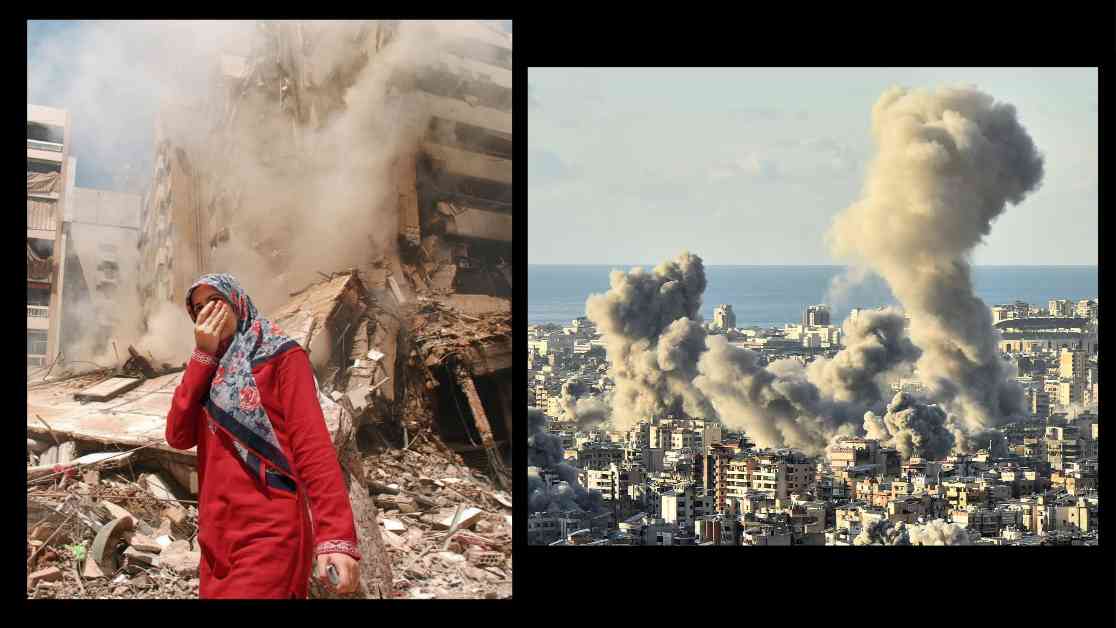The recent ceasefire between Israel and Hezbollah has significant implications for the region and raises questions about future prospects for peace. The agreement, brokered by the United Nations, aims to halt the violence that has plagued the area for years. However, the ceasefire is fragile and could easily be broken if either side violates the terms of the agreement.
The ceasefire comes after weeks of intense fighting between Israel and Hezbollah, resulting in the deaths of civilians on both sides. The conflict has caused widespread destruction and displacement, leaving many people in desperate need of assistance. The ceasefire offers a glimmer of hope for those affected by the violence, but the situation remains tenuous.
One of the key implications of the ceasefire is the potential for a lasting peace agreement between Israel and Hezbollah. Both sides have expressed a willingness to engage in dialogue and work towards a resolution of the conflict. However, deep-seated mistrust and long-standing grievances could hinder progress towards a lasting peace.
The ceasefire also has implications for other countries in the region, particularly Iran and Syria. Both countries have close ties to Hezbollah and have been involved in the conflict in various ways. The ceasefire could open the door for broader peace negotiations that involve all parties with a stake in the conflict.
Looking towards the future, there are several key factors that will determine the success of the ceasefire and the prospects for lasting peace. First and foremost, both Israel and Hezbollah must adhere to the terms of the agreement and refrain from any actions that could provoke further violence. In addition, the international community must continue to support efforts to promote dialogue and reconciliation between the two sides.
It is also important to address the root causes of the conflict, including issues of territory, security, and governance. Without addressing these underlying issues, any ceasefire agreement is likely to be temporary and unsustainable. A comprehensive peace process that addresses the concerns of all parties involved will be essential for building a lasting peace in the region.
Overall, the ceasefire between Israel and Hezbollah represents a positive step towards resolving the conflict and promoting peace in the region. However, significant challenges remain, and the road to lasting peace will be long and difficult. With continued international support and a commitment to dialogue and reconciliation, there is hope that a brighter future is possible for the people of Israel and Lebanon.






















